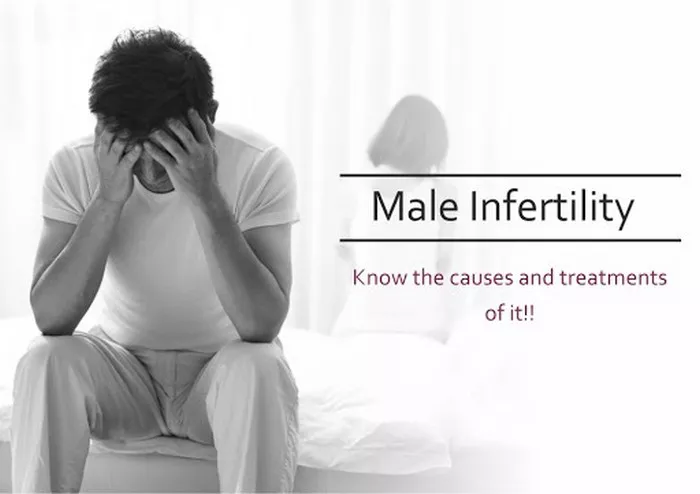Infertility is a deeply personal and often challenging journey for individuals and couples alike. While infertility can stem from various factors affecting both partners, understanding what makes men infertile is crucial in addressing reproductive health concerns and exploring potential solutions. In this article, we unravel the complexities of male infertility, shedding light on the contributing factors and offering insights into diagnosis and treatment.
Exploring Male Infertility
Before delving into the factors contributing to male infertility, it’s essential to grasp the basics of male reproductive physiology and the intricate processes involved in fertility:
Sperm Production:
Male fertility relies on the production of healthy sperm cells in the testes through a process called spermatogenesis. Sperm cells undergo maturation and acquire motility in the epididymis before being ejaculated during sexual intercourse.
Semen Quality:
Semen, the fluid ejaculated during ejaculation, contains sperm cells along with various other components, including seminal plasma. Semen quality is determined by factors such as sperm count, motility (movement), morphology (shape), and overall sperm health.
Factors Contributing to Male Infertility
Sperm Disorders:
Various sperm disorders can impact male fertility, including:
Low Sperm Count (Oligozoospermia):
A condition characterized by a reduced number of sperm cells in the ejaculate, which can hinder the chances of fertilization.
Poor Sperm Motility (Asthenozoospermia):
Refers to decreased sperm motility, impairing their ability to swim and reach the egg for fertilization.
Abnormal Sperm Morphology (Teratozoospermia):
Involves sperm cells with abnormal shapes or structures, which may affect their ability to penetrate and fertilize the egg.
Hormonal Imbalances:
Imbalances in hormone levels, particularly testosterone and gonadotropins (such as follicle-stimulating hormone, FSH, and luteinizing hormone, LH), can disrupt the delicate hormonal regulation of sperm production and maturation.
Genetic Factors:
Genetic abnormalities, such as chromosomal anomalies (e.g., Klinefelter syndrome), Y-chromosome microdeletions, or mutations in genes essential for spermatogenesis, can contribute to male infertility.
Varicocele:
A varicocele is a condition characterized by enlarged or dilated veins within the scrotum, which can lead to impaired testicular function and reduced sperm production.
Lifestyle Factors:
Certain lifestyle factors can negatively impact male fertility, including:
Smoking:
Tobacco use can impair sperm production and quality, leading to decreased fertility.
Excessive Alcohol Consumption:
Heavy alcohol consumption can disrupt hormone levels and impair sperm production.
Obesity:
Obesity is associated with hormonal imbalances and oxidative stress, which can affect sperm quality and fertility.
Seeking Diagnosis and Treatment
When facing concerns about male infertility, seeking evaluation by a qualified healthcare provider or fertility specialist is essential. Diagnosis typically involves a comprehensive evaluation, including medical history review, physical examination, semen analysis, hormonal assessments, and genetic testing if indicated.
Treatment options for male infertility may vary depending on the underlying cause but can include lifestyle modifications, hormone therapy, surgical interventions (e.g., varicocele repair), assisted reproductive technologies (ART) such as in vitro fertilization (IVF) with intracytoplasmic sperm injection (ICSI), and donor sperm insemination.
Conclusion:
In conclusion, male infertility can arise from a multitude of factors affecting sperm production, quality, and function. By understanding the underlying causes of male infertility and seeking timely evaluation and treatment, individuals and couples can navigate the path to fertility with hope and determination. Remember that infertility is a shared journey, and seeking support from healthcare professionals and loved ones can provide invaluable guidance and encouragement along the way. With perseverance and access to appropriate care, many individuals can overcome male infertility and fulfill their aspirations of starting or expanding their family.


























